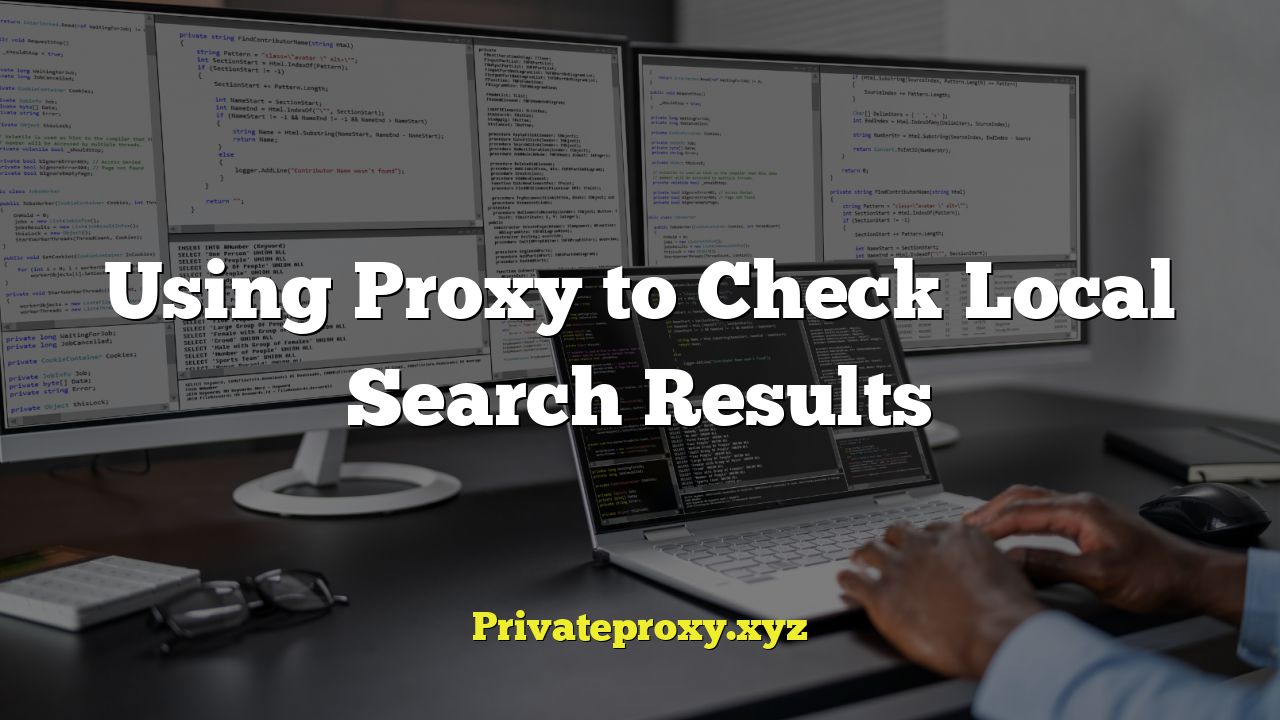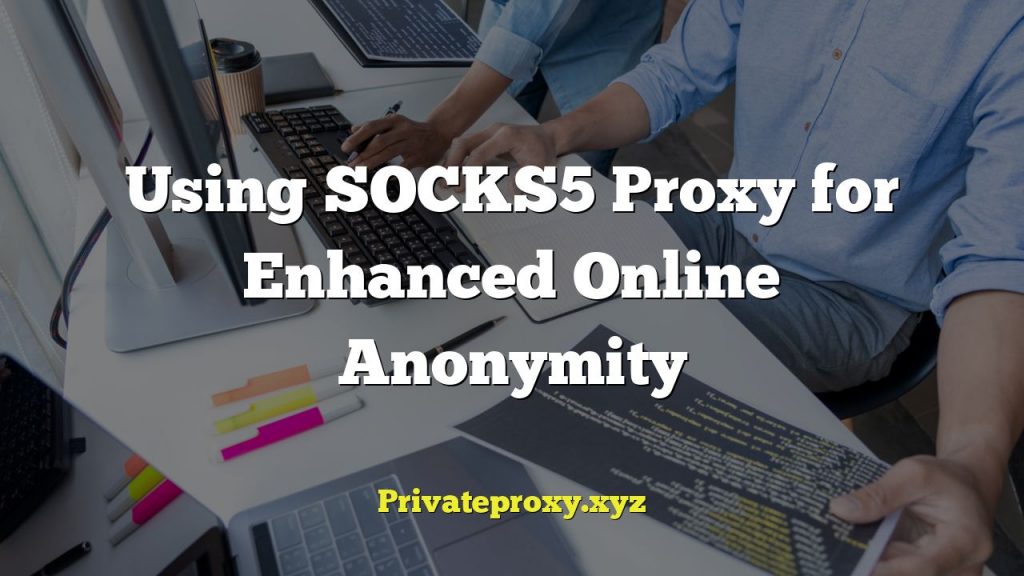
Understanding Local Search Results and Their Variability
Local search results are incredibly dynamic, influenced by a multitude of factors including the searcher’s location, search history, device, and even the time of day. Search engines like Google personalize results to provide the most relevant and useful information to each individual user. This personalization, while beneficial for general search experiences, poses a significant challenge for businesses trying to understand their true local search ranking and visibility. What one person sees when searching for “pizza near me” from their home might be drastically different from what someone else sees a block away, or what a potential customer in a different part of the city encounters.
This variability makes it difficult to accurately track your business’s performance in local search. Relying on your own search results, or those of a few friends or colleagues, can paint a skewed picture. To gain a true understanding of your local search presence, you need to simulate searches from different locations and perspectives. This is where using a proxy server becomes essential.
Why Proxy Servers are Crucial for Local SEO Analysis
A proxy server acts as an intermediary between your computer and the internet. Instead of directly connecting to a website, your request is routed through the proxy server. The website then sees the proxy server’s IP address, rather than your own. This allows you to effectively “mask” your location and appear as if you’re browsing from a different geographic area. For local SEO, this is invaluable for the following reasons:
- Location Spoofing: Proxies enable you to simulate searches from specific locations by using servers in those areas. This provides a more accurate view of how your business ranks for customers in those neighborhoods.
- Avoiding Personalization Bias: By using a proxy with a fresh IP address, you can bypass the personalization algorithms that tailor search results based on your browsing history and cookies. This ensures you’re seeing results closer to what a new customer would experience.
- Competitive Analysis: Proxies allow you to analyze your competitors’ local search rankings from different locations. This can help you identify their strengths and weaknesses and inform your own SEO strategy.
Types of Proxy Servers for Local Search Testing
There are several types of proxy servers available, each with its own pros and cons. Understanding these differences is crucial for choosing the right proxy for your local SEO needs.
- Data Center Proxies: These proxies are hosted in data centers and are often the cheapest option. However, they are also the most likely to be detected and blocked by search engines, as they are easily identifiable as proxies. They are generally less reliable for consistent local search testing.
- Residential Proxies: These proxies use IP addresses assigned to real residential internet service providers (ISPs). They are much harder to detect as proxies, making them more reliable for accurate local search results. Residential proxies tend to be more expensive than data center proxies.
- Mobile Proxies: Similar to residential proxies, mobile proxies use IP addresses assigned to mobile carriers. They offer a high degree of anonymity and are particularly useful for testing mobile search results. They often come with a higher price tag.
- Rotating Proxies: These proxies automatically rotate IP addresses at regular intervals, further enhancing anonymity and reducing the risk of being blocked. This is particularly helpful for large-scale local search data collection.
Choosing the right type depends on your budget, the scale of your testing, and the level of accuracy you require. For serious local SEO analysis, residential or mobile proxies are generally recommended.
Setting Up and Using a Proxy Server
Setting up a proxy server typically involves configuring your web browser or using a dedicated proxy management tool. The exact steps will vary depending on the browser and the proxy provider you choose, but the general process is similar.
- Choose a Proxy Provider: Research and select a reputable proxy provider that offers proxies in the locations you want to test.
- Purchase a Proxy Plan: Choose a plan that meets your needs in terms of bandwidth, number of IP addresses, and features.
- Configure Your Browser or Tool: Enter the proxy server’s IP address and port number into your browser’s proxy settings or the configuration settings of your chosen SEO tool. You may also need to enter a username and password provided by your proxy service.
- Verify Your Location: After configuring the proxy, verify that your IP address is correctly reflecting the desired location. You can do this by visiting a website that displays your IP address and location.
- Perform Your Searches: Once you’ve verified your location, you can begin performing your local search queries.
Remember to clear your browser’s cache and cookies before using the proxy to ensure you’re seeing unbiased results.
Tools for Automating Local Search Results Checking with Proxies
Manually checking local search results through a proxy can be time-consuming, especially if you need to track multiple locations or keywords. Fortunately, several tools can automate this process and provide valuable insights into your local SEO performance.
- BrightLocal: Offers comprehensive local SEO tools, including a rank tracker that supports proxy integration for accurate location-based results.
- SEMrush: While primarily known for its organic SEO tools, SEMrush also provides local SEO capabilities and allows you to track rankings from specific geographic locations.
- Moz Local: Focuses on local listing management and provides tools to monitor your business’s presence across various online directories. Their rank tracking feature can be configured with proxies.
These tools typically allow you to input a list of keywords, locations, and proxy settings. They will then automatically perform searches from those locations and track your business’s ranking over time. This data can be invaluable for identifying areas for improvement and measuring the effectiveness of your local SEO efforts.
Best Practices for Using Proxies in Local SEO Testing
To ensure you’re getting accurate and reliable results from your proxy-based local search testing, follow these best practices:
- Use Residential or Mobile Proxies: Data center proxies are often easily detected and blocked by search engines, leading to inaccurate results.
- Rotate Your Proxies: Rotating proxies help to avoid detection and ensure you’re getting fresh results.
- Clear Your Cache and Cookies: Before each search, clear your browser’s cache and cookies to prevent personalization bias.
- Use a Consistent Methodology: Develop a consistent methodology for your searches, including the keywords you use, the locations you target, and the time of day you perform the searches.
- Monitor Your Proxy Performance: Regularly monitor your proxy performance to ensure they are working correctly and providing accurate results.
Potential Challenges and How to Overcome Them
While proxy servers are a powerful tool for local SEO analysis, they are not without their challenges. Here are some common issues and how to address them:
- Proxy Detection and Blocking: Search engines are constantly improving their ability to detect and block proxies. Using high-quality residential or mobile proxies and rotating them regularly can help mitigate this risk.
- Slow Connection Speeds: Proxies can sometimes slow down your internet connection. Choose a proxy provider with fast and reliable servers.
- Geographic Inaccuracies: Ensure that the proxy server’s location accurately reflects the area you want to test. Verify your IP address and location after configuring the proxy.
- Cost: High-quality proxies can be expensive, especially if you need a large number of IP addresses. Carefully consider your budget and choose a plan that meets your needs.
By being aware of these challenges and taking steps to mitigate them, you can ensure that your proxy-based local SEO testing is accurate and effective.
The Future of Local SEO and Proxy Usage
As search engine algorithms continue to evolve and personalization becomes even more sophisticated, the need for accurate local SEO testing will only increase. Proxy servers will remain a critical tool for businesses looking to understand their local search presence and optimize their strategies for maximum visibility. The future of local SEO and proxy usage will likely involve:
- More Sophisticated Proxy Technology: Proxy providers will continue to develop more sophisticated technologies to evade detection and provide even more accurate location spoofing.
- Integration with AI and Machine Learning: AI and machine learning will be used to analyze local search data collected through proxies and provide more actionable insights to businesses.
- Increased Automation: Tools for automating local search testing with proxies will become even more advanced and user-friendly.
By staying ahead of these trends and embracing the power of proxy servers, businesses can ensure they are well-positioned to succeed in the ever-evolving world of local search.


